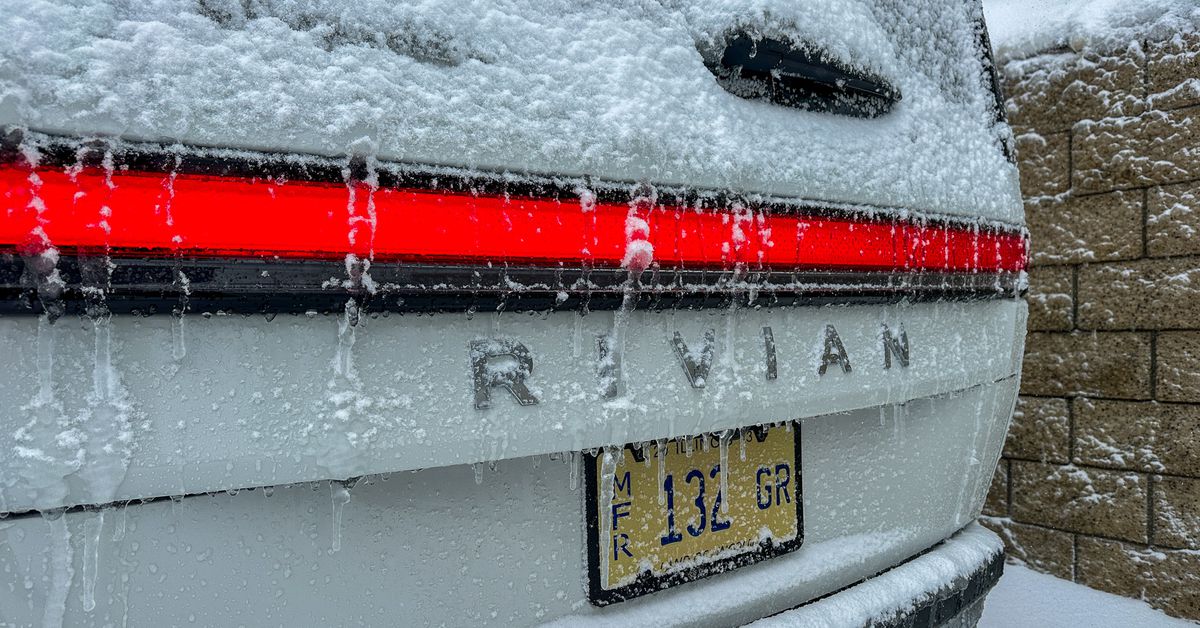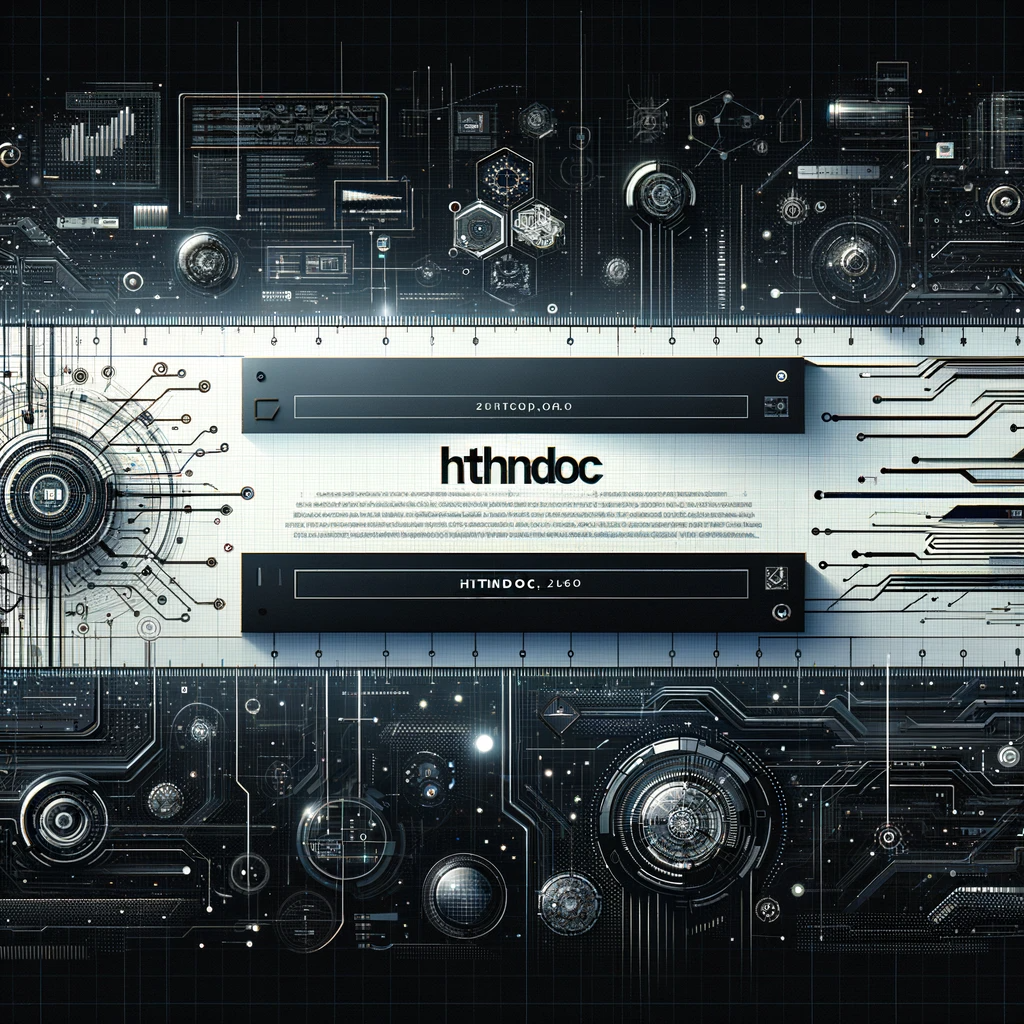Rivian aims to reduce the carbon footprint of its next-generation electric vehicles.
Rivian has released its first environmental and social impact report, in which it commits to building a new generation of electric vehicles that are even less polluting than its current generation. The company stated its goal to launch a product by 2030 "with half the carbon footprint of the lifecycle" compared to its 2022 R1 vehicles, which include the R1T pickup and R1S SUV. To achieve this goal, Rivian plans to increase the percentage of recycled materials used in its vehicles, with at least 70% recycled content in steel and aluminum and at least 40% recycled and bio-based content in polymer materials by 2030.
Rivian aims to unveil its next-generation R2 vehicles sometime this year, with production expected in 2026. The company stated that one of the first vehicles will be a smaller SUV priced between $40,000 and $60,000, whereas the current R1 vehicle range starts at around $80,000.
To reduce carbon emissions, Rivian plans to significantly increase the use of renewable energy. The company declared that its Normal, Illinois factory will operate at 100% renewable energy by 2030, as well as all other facilities. Rivian's charging network, consisting of 64 stations and 385 charging points nationwide, also operates on renewable energy.
Rivian uses virtual power purchase agreements, among other tactics, to achieve its environmental goals. The company commits to funding renewable energy projects, such as an 800-megawatt solar field built on a former coal mine in Kentucky and another solar project in Paris, Tennessee.
Virtual power purchase agreements are considered "virtual" because clean energy is not directly delivered to Rivian's electric vehicles, SUVs, or electric vans, nor to the company's offices or factories. Rivian claims that even though it is not directly funding the solar project, it ensures there will be a market for the energy when the solar panels come online.
In its impact report, the company states that it will "support" the creation of 2 gigawatts (GW) of renewable energy projects to achieve the goal of decarbonizing all customer charging. Rivian asserts that this amount of energy will be sufficient to drive 7 billion miles in cars.
Rivian has been at the forefront of the electric vehicle and climate change debate, criticizing its competitors for being "off track" in reducing greenhouse gas emissions to meet the goals set by the Paris Agreement. The company co-authored a report with Polestar, arguing that EVs alone would not be enough to limit global temperature increases. The auto industry should play a stronger role in increasing renewable energy in electrical grids and reducing greenhouse gas emissions throughout the supply chain.
Even as Republicans, led by Tesla and SpaceX owner Elon Musk, attack corporate diversity, equity, and inclusion programs, Rivian states that it will increase the number of "underrepresented groups" in its leadership positions and throughout the company by 50% by 2028.
Despite these ambitious goals, the company is still struggling to establish itself as a serious competitor in the automotive industry. While its trucks and SUVs are well-reviewed and popular among customers, their higher price makes them inaccessible to many potential buyers at a time when mass EV adoption appears to be slowing down.
Rivian delivered fewer vehicles in the fourth quarter of 2023 compared to the previous quarter, causing a recent drop in its stock price.





